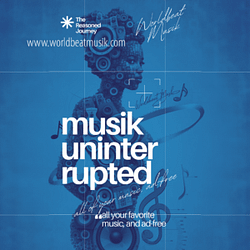CATEGORY
Discussions on the evolution of societies, cultural traditions, and societal norms.
Biophilia: Why Our Connection to Nature is Essential for Well-Being
The Price of Belonging: Conformity, Complicity, and Moral Integrity
Burkina Faso’s Path to Sovereignty: President Ibrahim Traoré and the Pursuit of Self-Reliance
The Silent Gap in Healthcare: Why Women’s Menopause Still Lags Behind Male Hormonal Treatments
The Path of Struggle: How Adversity Shapes True Growth
The Moral Cost of Ideology: Capitalism, Marxism, Communism, and Socialism Compared
John Henrik Clarke: A Voice of Resilience and Rediscovery
The Violence We Forget: Reflections on Race, Media, and the Stories That Fade
The Forgotten Walls: Echoes of Benin

